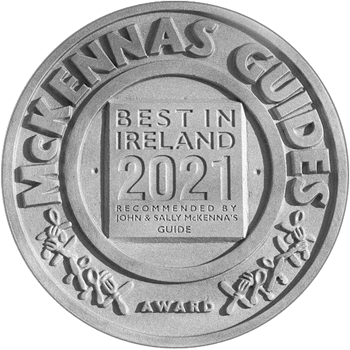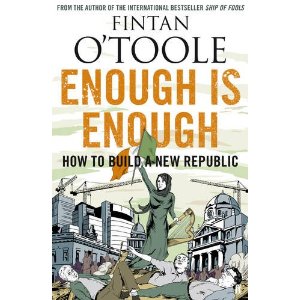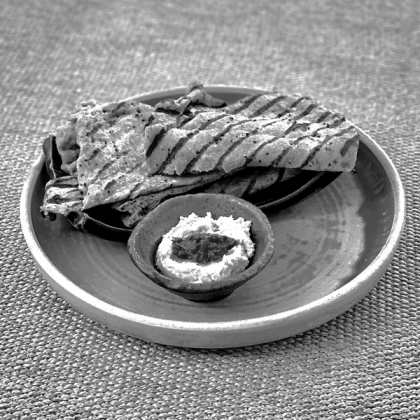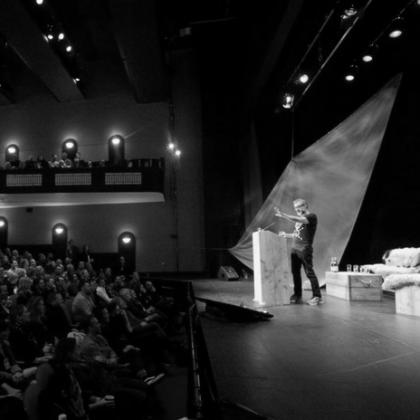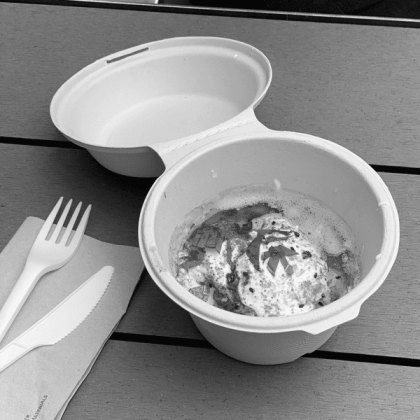Jonathan Swift wrote his sublime “A Modest Proposal” back in 1729. Almost three centuries on, with Ireland in the throes of wretchedness once again, and Fintan O'Toole's new book, “Enough is Enough”, could well wear the sub-title: “A Proposal for Modesty”.
In fact, the term O'Toole uses late on in his book is not modesty, but “Austerity”. He uses it in the sense articulated by the late Tony Judt: “Austerity was not just an economic condition: it aspired to be a public ethic... an ethic of political responsibility”.
Oh Dear. Just look at the problems you find yourself faced with when writing about Fintan O'Toole: austerity; ethics; responsibility. This is not the language of modern Ireland, not even of the modern world outside Ireland. This is the language of the age of Public Service, or what Tony Judt calls “public purpose”. O'Toole talks about this use of language being central to the idea of a Republic: we used to espouse such fanciful language and believe it, but now we just go shopping, busy with Judt's “endless commerce”.
O'Toole's book is a prescription for curing our republic, but it starts with a sobering realisation: there is no such place as “The Republic of Ireland”. And, even if there were, then our “republic” has never behaved in a republican way. The Myth of the Republic is the first of five myths about Ireland that O'Toole examines, and then he sets out Five “Decencies”, the qualities that a true republic would not merely espouse, but would in fact practice.
The book is typical O'Toole: funny, sharp, and guaranteed to enrage huge numbers of folk. I had never realised before just how much people loath Fintan O'Toole until, at a recent formal dinner in Dublin, an elderly former banker went apopleptic with rage at the mere mention of his name. O'Toole gets under the skins of people who need to be annoyed.
Arrayed against him, I reckon, are all the people who do well out of “Ireland”: bankers; builders; lawyers; bureaucrats; politicians. The funny thing is, they may rant against him, and his weekly columns, but they can't lay a finger on him. O'Toole is, quite simply, smarter than them. So even though “Enough is Enough” will annoy them deeply, persistently and pointedly, you know that they will all buy it, and wind up flinging it across their sitting rooms as they explode with rage as O'Toole pulls apart the edifice of the non-existent republic.
But there is one thing missing from this book. If O'Toole is proposing modesty in how we act, live and think, he does not admit to the fact that, for a decade or more, we have been disfigured by greed. Greed has been our undoing. When things started going well, we couldn't get enough of it. No one shouted “Stop”. We were drunk on greed, from the taxi driver with his Eircom shares to Bertie Ahern's cash in the safe. In Celtic Tiger Ireland, greed was, indeed, good. The Gekko Effect blindsided us, and convinced us that we were rich. We weren't: we were simply greedy.
“Enough is Enough” is a fine book, despite having clearly been written and produced at great haste. The analysis of our failings as a state are shaming, the prescriptions O'Toole proposes are sane and genuinely democratic. There must be, argues O'Toole “a radical transformation of the existing political culture”. Will it happen? Only if we sign up as citizens, rather than consumers.
